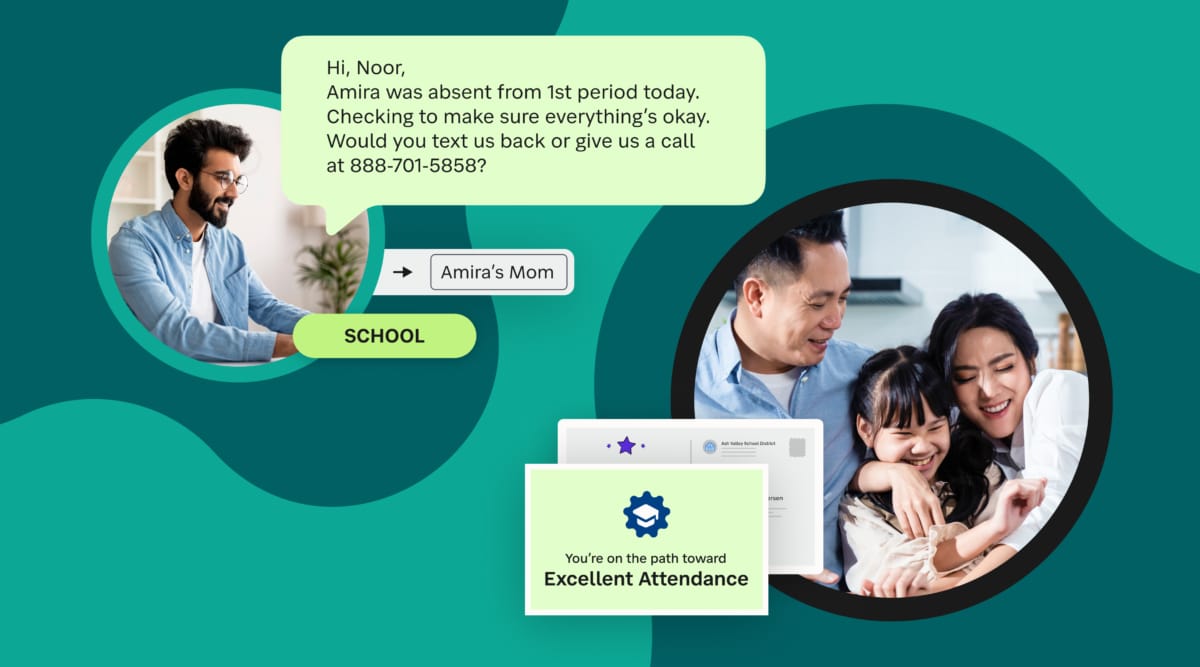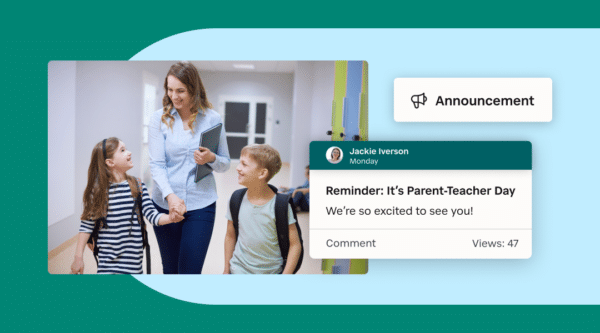

Unlocking the Puzzle of Family Engagement in Schools
The value of family engagement in driving student success is well-documented and widely accepted. Yet, schools nationwide continue to struggle with achieving meaningful family involvement. A staggering 80% of parents report feeling disengaged from their child’s education, leaving educators grappling with ways to bridge this critical gap.
In their quest for solutions, educators have turned to a mix of creative, unconventional, and sometimes outright puzzling approaches. From inspired innovations to misguided missteps, here’s a roundup of 10 notable family engagement strategies schools have tried—and what we can learn from them.
1. All Aboard the Engagement Bus
Some schools are trying to build relationships early by sending teachers out on school buses to visit neighborhoods before the first day of school. While the intention is admirable, logistical challenges abound. For instance, if teachers are riding the bus, who’s driving? And more importantly, does this strategy truly strengthen engagement? Teachers who’ve tried it, let us know!
2. Parent Night with On-Site Childcare
One simple but effective idea: provide free childcare during school events like Internet Safety Night. By recruiting middle schoolers or staff to babysit, schools help parents attend without worry. The verdict? It’s worth a shot—especially if a game of “Cyber Smarts Bingo” awaits.
3. Classrooms on Wheels
Why stop at visiting parents? One North Carolina school retrofitted a bus with Wi-Fi, computers, and a library to create a mobile classroom. Offering all the services of a traditional school building on wheels, this program has gained significant popularity. The district even considered hiring a full-time coordinator due to overwhelming demand.
4. Tempting Parents with Treats
Some schools believe that serving food is the key to attendance. Whether it’s emoji-themed snacks at a web safety seminar or an ice cream social to discuss Instagram tips, adding food to the mix can boost turnout and create a more relaxed atmosphere.
5. A Field Trip for Parents
A Florida school invited parents (and grandparents) on a field trip to a local art museum—without their kids. The unique approach gave families a chance to connect, craft, and discuss their role in education. One parent aptly noted:
It’s the teacher’s responsibility when they’re at school, but it’s ours at home. It goes both ways.
6. Building Bridges, Not Walls
One Delaware school’s attempt to host separate meetings for parents of different ethnic groups was meant to address unique concerns but inadvertently highlighted division. Successful engagement requires unity, not segmentation. Larry Ferrazzo, an expert in family engagement, advises:
Schools need to work hard to ensure their programs bridge gaps, not widen them.
7. Mandatory Meetings?
In Detroit, a prosecutor proposed making parent-teacher conferences legally required. While this highlights the urgency of engagement, mandating involvement seems unlikely to foster trust or cooperation. As the prosecutor admitted:
We shouldn’t have to legislate this, but what we’ve been doing isn’t working.
8. Tying Teacher Pay to Family Engagement
An Idaho initiative linked teacher bonuses to parent interactions, including casual conversations at the grocery store. While creative, this approach has faced skepticism for its practicality and fairness. Success metrics remain elusive, leaving many wondering about its real impact.
9. Penalizing Parents in Poverty
Washington D.C. once considered withholding TANF benefits from families who missed parent-teacher meetings. Critics argue this unfairly targets low-income families, who often face complex barriers to attendance. Engagement requires support, not punishment.
10. True Collaboration: A Model for Engagement
In Washington D.C., another initiative focused on genuine partnership between schools and families. By setting clear goals, hosting at-home curriculum meetings, and teaching parents how to support learning, schools created a framework for collaboration. As Josephine Bias Robinson, chief of family engagement, explained:
The connection between the home environment and the classroom is vital.
Lessons from the Field: What Works in Family Engagement?
Not all engagement strategies are created equal—some inspire, while others miss the mark. But one thing is clear: the importance of family involvement is universally recognized. Schools must move beyond sporadic, disconnected ideas to implement comprehensive, research-backed systems that are both teacher-tested and family-approved.
Are you ready to transform family engagement in your school? Start by listening to parents, teachers, and students, and use their feedback to guide your approach. Together, we can create meaningful connections that pave the way for student success.
This version balances engaging storytelling with search-friendly keywords like “family engagement,” “student success,” and “school-family partnerships.” The updated structure highlights key ideas, adds relevant quotes, and ensures a professional yet accessible tone. Let me know if further tweaks are needed!
Stay Connected
News, articles, and tips for meeting your district’s goals—delivered to your inbox.





